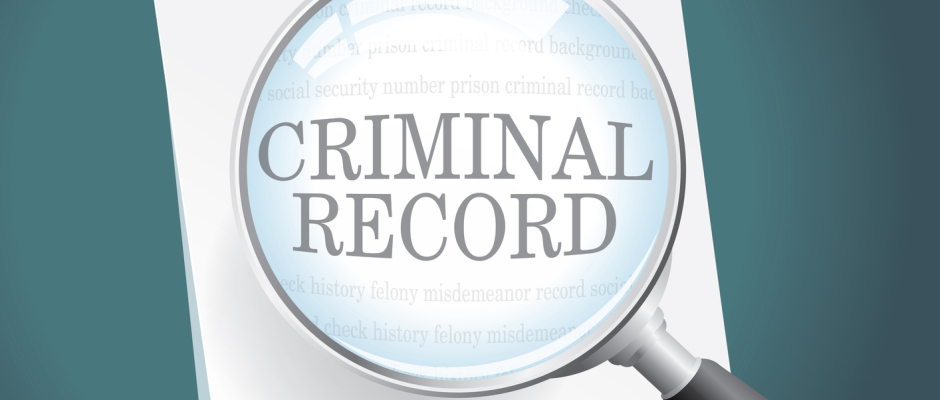Fair Housing Updates
Basics Of NC Lien Law – Part 2 – Claim Of Lien On Funds
Construction

We looked at the Claim of Lien on Real Property in Part 1. This week, let’s take a look at the second type of lien in North Carolina, the claim of lien on funds. Basically, a lien on funds allows a subcontractor to prevent a property owner from paying the general contractor who has failed to pay its subcontractors.
The Lien on Funds
The claim of lien on funds is available to all contractors of any tier. This lien allows the subcontractor to have a lien right to any funds owed to the party with whom they entered into the contract. In other words, the lien on funds exists to the extent that there is money owed to the tier immediately above the subcontractor. A subcontractor’s lien upon funds arises, attaches and is effective immediately on the first furnishing of labor or materials. There is no time limit by which a subcontractor or supplier has to assert a claim of lien on funds, but it is not perfected until it is served on the party holding the funds (the “obligor”). The lien upon funds relates back to the date the contractor or supplier first furnished labor or materials to the construction project.
What are the notice requirements?
The notice must include all statutorily required information as set forth in NCGS § 44A-19 and substantially follow statutory form for the applicable tier (NCGS § 44A-19(b) and (c)).
How must the Notice of Lien on Funds be Served?
The notice of a claim of lien on funds must be served by personal delivery or by service authorized under Rule 4 of the North Carolina Rules of Civil Procedure. Notice does not get filed with the Clerk of Superior Court, unless it is attached to a claim of lien on real property that is filed with the Clerk or filed to discharge the claim of lien upon funds.
What if I Receive a Notice of Claim of Lien Upon Funds?
Upon receiving a notice of lien on funds, the owner is obligated to retain funds subject to all liens up to the total amount received. A perfected notice flows with any payments and obligors/owners are personally liable up to the amounts of wrongful payments, up to the total of claims received prior to payment. But, if the owner has spent all the funds due under the contract for the project, the subcontractor cannot recover. If the owner does become personally liable to the subcontractor, then it has a claim against the general contractor for indemnification. But, if the general contractor has no money (as is usually the case), that claim is essentially worthless. The better practice for the owner receiving a notice of claim of lien on funds is to stop paying anyone until the issue is resolved or to post a bond or cash payment with the Court.



